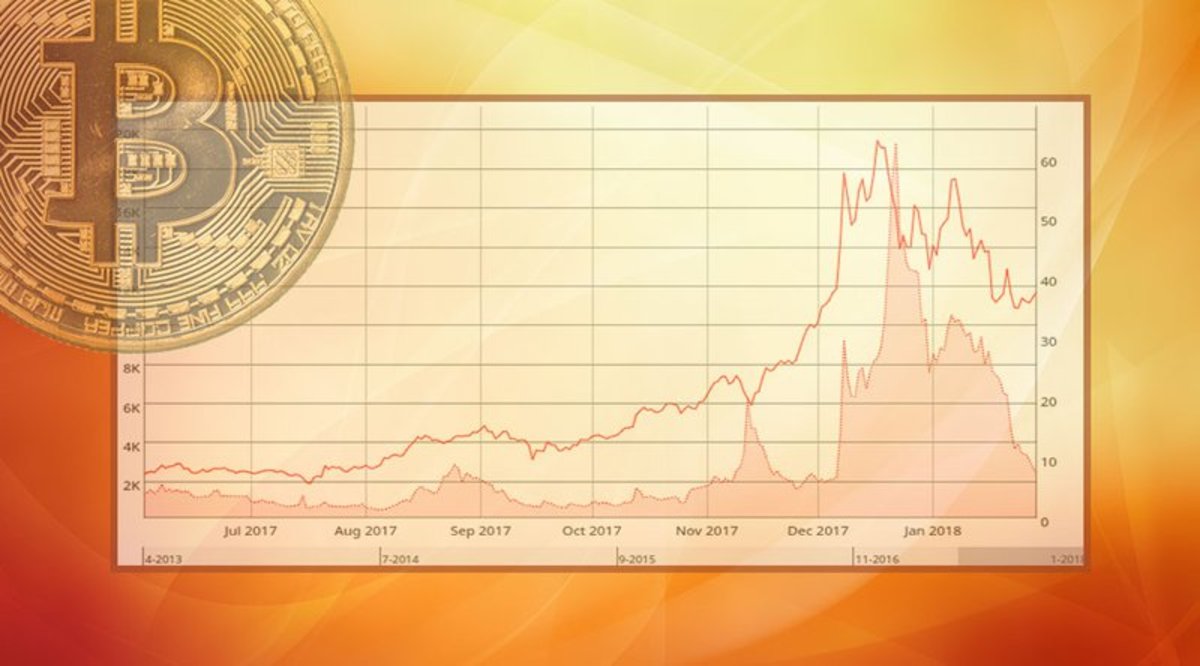The Legolas project, founded in France in 2017, is going to launch an innovative cryptocurrency and fiat exchange in Q3 2018. Despite its relatively recent emersion on the Blockchain startups map, the Legolas Exchange has definitely made a splash, having raised over 1,500 BTC (about $15 mln) during its private sale that was closed at the beginning of 2018. Previously, in November 2017, the project team announced a partnership with the Makor Group, an international brokerage firm specialized in cash equities, fixed income, derivatives and FX.
Forecasting a huge catch
Together, Legolas Exchange and the Makor Group plan to build the first regulated and secure cryptocurrency exchange corresponding to the needs of institutional investors.
Over the last 10 years, institutional money managers have been steadily increasing their holdings in alternative investments in order to diversify their portfolios and increase expected risk-adjusted long-term returns. According to PriceWaterhouseCooper, by 2020 global assets in alternative investments will grow to $18.1 tln, from $10 tln today.
Frederic Montagnon, CEO Legolas Exchange, explains: "Institutional investors want to build crypto portfolios, but they struggle with unregulated exchanges and are uncomfortable with the complexity of holding tokens and rampant price manipulation." According to Montagnon, Legolas Exchange will implement its decentralized order book and matching protocol in order to provide full transparency regarding the price of transactions and prevent price manipulation.
Through this Legolas-Makor partnership, clients will have access to both a fiat currency account as well as a multi-signature cryptocurrency account managed by Legolas Exchange. Both companies obviously make a strategic partnership.
The Makor group, established in 2011, provides its clients with access to 24-hour global trading and specialized in risk arbitrage, special situations, relative value and event-driven opportunities for clients. So, the cryptocurrency trading will just become the cherry on this cake, based on risk investments profile.
What is Hybrid Protocol about?
Today Legolas is working on a premium hybrid exchange that incorporates a decentralized ledger within its proprietary centralized platform. It’s expected that Legolas Exchange will bring large-scale crypto trading to a level of quality and transparency that has never been seen yet.
“The protocol itself is a semi-decentralized order matching protocol. Incoming orders and transactions are encrypted, timestamped and stored in a Blockchain, while order matching is made off-chain,” says Hugo Renaudin, Legolas’ Chief Product Officer, in his blog on Medium. According to Renaudin, the decentralization of orders and transactions information allows for transparent price formation, transaction auditability and zero front-running. Centralization of order pooling and order matching leads to efficiency and scalability, bypassing current Blockchain limitations.
Legolas is to launch its public sale tom on Feb. 1 at 12 p.m. GMT, with a cap of 2,000 BTC. Development of the exchange is progressing on track. “We plan to have a beta version at the end of Q1 2018 on which we’ll have large institutions at first. We will gradually open the platform to more users as we go and release newer versions of the exchange. Of course, we will prioritize users who participated in our token sale,” according to the website.
Disclaimer. Cointelegraph does not endorse any content or product on this page. While we aim at providing you all important information that we could obtain, readers should do their own research before taking any actions related to the company and carry full responsibility for their decisions, nor this article can be considered as an investment advice.











